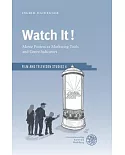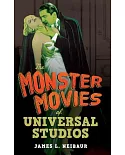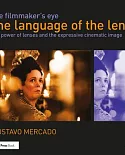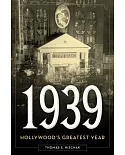From the author of Becoming Mae West—an in-depth look at the Silver-Screen legend who forever changed America’s idea of the leading man
Tango pirate, gigolo, powder puff, Adonis—all have been used to describe the silent-film icon known as Rudolph Valentino. From his early days as a taxi dancer in New York City to his near
apotheosis as the ultimate Hollywood heartthrob, Rudolph Valentino (often to his distress) occupied a space squarely at the center of controversy. In this thoughtful retelling of Valentino’s
short and tragic life—the first fully documented biography of the star—Emily W. Leider looks at the Great Lover’s life and legacy, and explores the events and issues that made him emblematic
of the Jazz Age. Valentino’s androgynous sexuality was a lightning rod for fiery and contradictory impulses that ran the gamut from swooning adoration to lashing resentment. He was reviled in
the press for being too feminine for a man; yet he also brought to the screen the alluring, savage lover who embodied women’s darker, forbidden sexual fantasies.
In tandem, Leider explores notions of the outsider in American culture as represented by Valentino’s experience as an immigrant who became a celebrity. As the silver screen’s first
dark-skinned romantic hero, Valentino helped to redefine and broaden American masculine ideals, ultimately coming to represent a graceful masculinity that trumped the deeply ingrained status
quo of how a man could look and act.





















